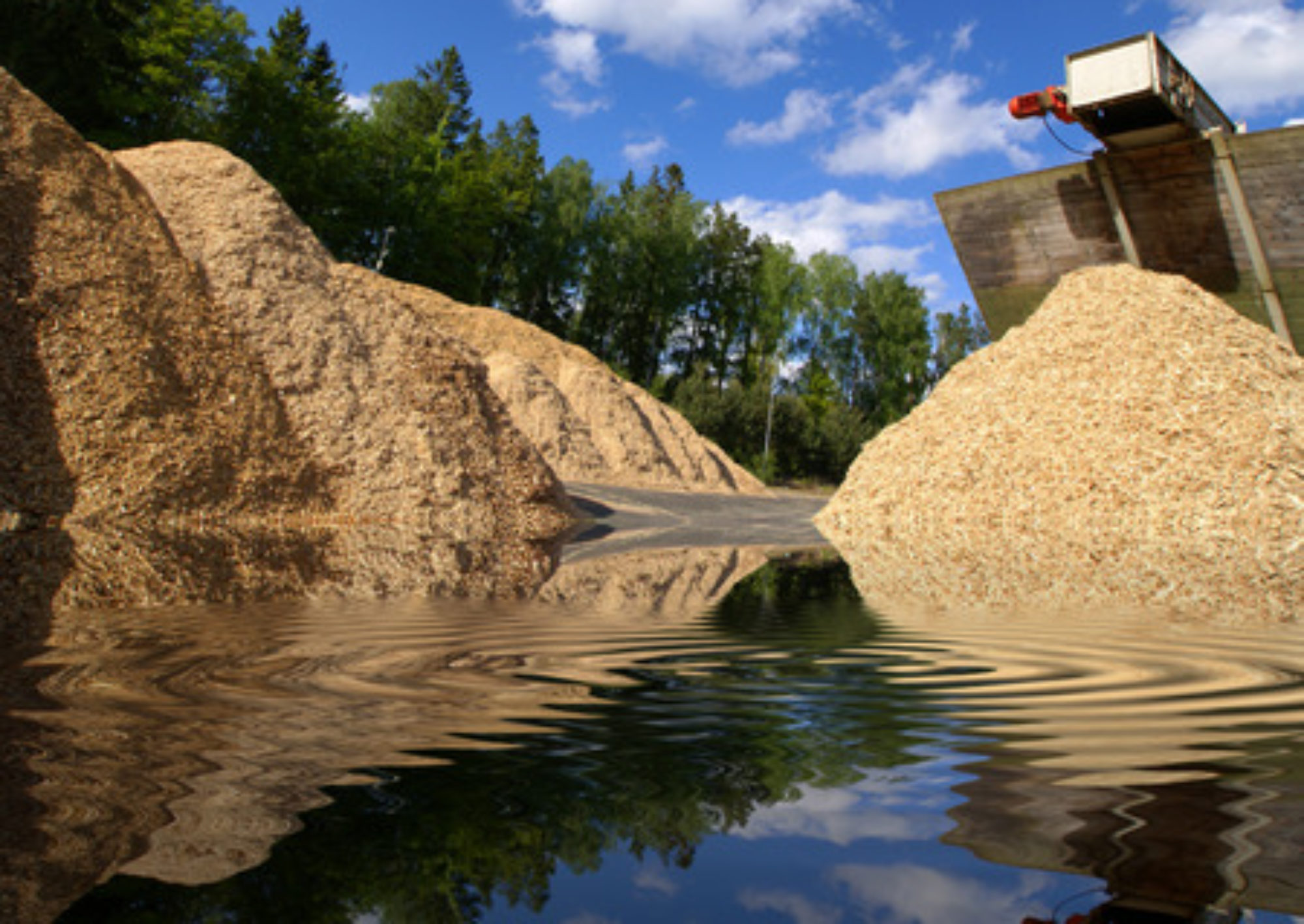CDS serves the industries where the company has experience and a well-matched solution for the type, handling logistics and volume of feedstocks that are available:
Partial list of industries:
- Commercial Agriculture: farming, ranching, agroforestry, etc.
- Wood and bamboo saw mills
- Food processing companies: rice, wheat, corn, coconut, palm, etc.
- Livestock, ranching
- Small business owners / independent entrepreneurs
- Waste haulers, aggregators, landfill operators
- Rubber tires and plastics producers
See below for descriptions of each feedstock and corresponding opportunity for converting these materials into valuable products:
Food, Beverage & Agriculture
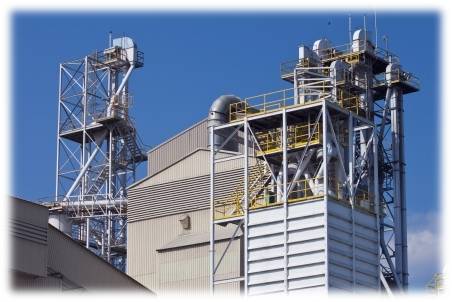
Rice Milling industry profile: Rice hulls are ideal for CDS pyrolysis. The hulls do not take any further size reduction (grinding) and they are fairly dry when separated from the grain. The waste is generated at the mill making it easy to feed a continuous-flow pyrolysis set-up and use the electricity, even in a remote location.
Sometimes this waste ends up in rivers, producing methane and suffocating aquatic life.
For every ton of rice hulls produced, three tons of rice straw are also generated, and usually burned in the field. Vietnam alone produces 8 million tons of rice hulls/yr and 23 million tons of rice straw, while China produces upwards of 700 million tons of agricultural waste in a year. See related rice industry profile.
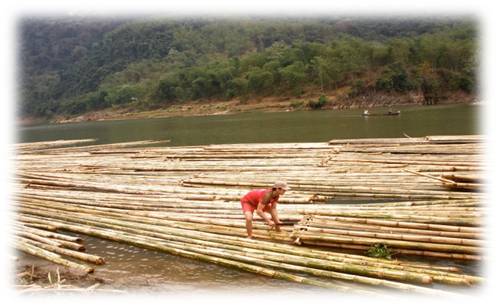
Forestry: bamboo, trees, or other forest resources
Sawdust and scrap from lumber milling and plywood manufacturing operations are an ideal material for CDS pyrolysis.
Bamboo Industry profile: Bamboo is the fastest growing woody material on the planet … when it is grown for the purpose of making manufactured building materials it offers the local environment many advantages – erosion control, local water cycle support, local building materials, higher water tables, and village employment. Bamboo is one of the best crops for a triple bottom line business.
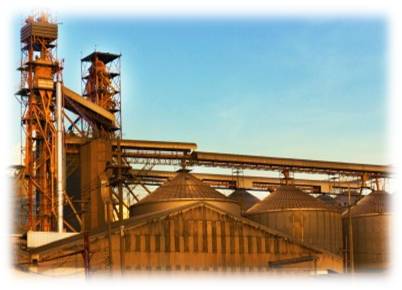
Food processing — Any sort of scrap, surplus or otherwise unmarketable biological materials from food processing can be used as feedstock for a pyrolysis system. This not only addresses the need to dispose of waste, but also turns it into the assets of electricity, thermal energy and biochar (more than 55 commercial uses). Just to mention a few high-volume wastes: corn stover, hulls and husks of any type of grain; distillers grains; olive pits, mango pits or other pitted fruit “seeds”; tobacco stems, animal animal bones that may carry human pathogens, potato skins, etc. Sidebar regarding this last feedstock: The company’s CEO grew up in Michigan where water table sat at only 100 feet below the surface. There she witnessed the ground water pollution brought about by the inappropriate disposal of potato skins from commercial-scale production of frozen french fries. The factory had to move to avoid lawsuits and many people lost their jobs. This could have been avoided by pyrolyzing those skins and using the biochar to help the notoriously sandy Michigan soils hold onto the nitrates that were needed for growing all those potatoes, but which unfortunately ended up in the fragile water supply, threatening the eco-system and community’s health.

Livestock — Large-scale livestock farms have created proportionately large-scale environmental issues over the years. 70% of US beef is grown in farms of over 5,000 head of cattle. Poultry facilities often house one million chickens on one farm. Manure lagoons can be larger than several football fields and release clouds of ammonia as well as offensive odors. During hurricanes these lagoons often malfunction and have been known to dump tons of manure in nearby rivers causing massive die off of aquatic life. CDS equipment offers a solution by profitably processing excessive manure into valuable electricity, thermal energy and biochar. This huge liability can be made into an asset that releases otherwise tied-up real estate for other uses while keeping the neighbors happy.
Note that any spoiled or unneeded hay can also be fed into a CDS system.
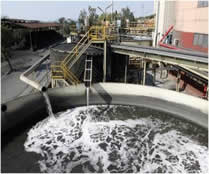
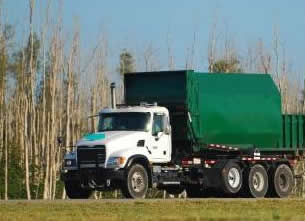 Municipal Waste, Waste Management, Hauling, Aggregation & Recycling — waste handlers and processors can use CDS systems for converting remains or materials that are otherwise unusable to process heat and bioenergy to offset energy costs or set up new profit centers.
Municipal Waste, Waste Management, Hauling, Aggregation & Recycling — waste handlers and processors can use CDS systems for converting remains or materials that are otherwise unusable to process heat and bioenergy to offset energy costs or set up new profit centers.
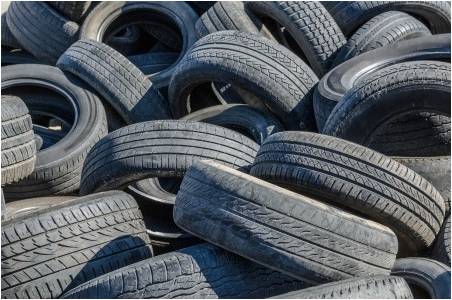
.jpg)
See article, Converting old tires and used plastics back into energy or contact us for details
Working in an industry not shown above? Ask us, or contact us for further information or questions.
